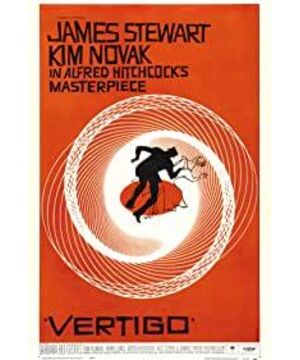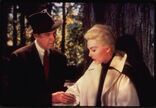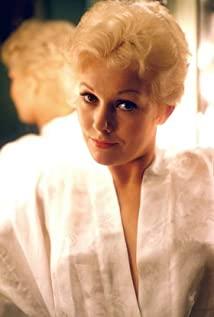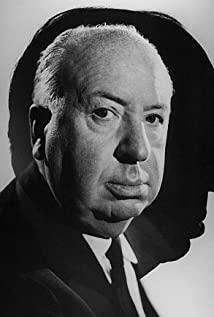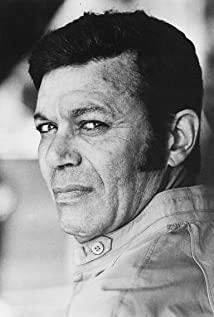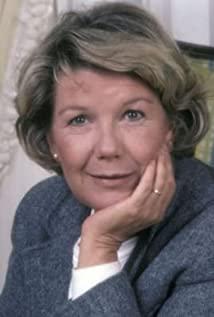The reasons are as follows:
1. Perspective. Before almost every scene, there was a male lead in every mirror. After 90 minutes, not only Judy's perspective was added, but also the passage of her memories was added. In the first half, Miss Wood, who had been fascinated by the hero, did not show up again after visiting him, suspicious. (Someone will definitely mention the difference in perspective between the two parts of Hitchcock’s Cry, but I don’t think the two are similar. This movie is about the male protagonist from the beginning to the end, and suddenly changed A Judy's perspective to solve the puzzle is quite abrupt)
Second, motivation. If you try to treat the last 30 minutes as a dream, it undoubtedly has a strong compensation and negation function-the male protagonist’s fear of heights is healed, and Madeleine’s death was not his fault, but the murder. . What's more, Madeleine was murdered by his husband, and it was Judy who fell in love with herself. What a perfect set of plots, it has transformed himself, who was originally completely at a moral disadvantage (a woman who fell in love with a friend and a client) into a hero who dared to love and hate, and bravely solve the mystery. (Of course, I have to think of the relationship between the movie and the dream. The audience watching the movie is also dreaming. The male protagonist, as the carrier of the audience's consciousness, naturally hopes that the movie will have a satisfactory and humane and moral ending)
3: Coincidence. It was a coincidence that the hero met Judy. I don't know if the intention of this coincidence arrangement is really just a coincidence.
In summary, if there are too many unexplainable plots in the first half, it needs to be explained in the last thirty minutes. From a realistic point of view, it succeeded (although some coincidences are too unusual in my opinion).
Finally, I want to say whether there is always more than one truth, and which one is closer to the truth for you depends on which one you choose to believe.
One question: When Judy and the male lead were entangled on the tower, they said: "Dead! Dead! He'd broken her neck!" At that time, couldn't the autopsy at that time be able to distinguish between falling from a high altitude and breaking her neck (or other conventional means) Is the difference? I think this is either a flaw in the play or a hint.
ps. Jinnovak is really beautiful and dizzying. Can be tied with Grace Kelly as my 20th century goddess.
View more about Vertigo reviews


